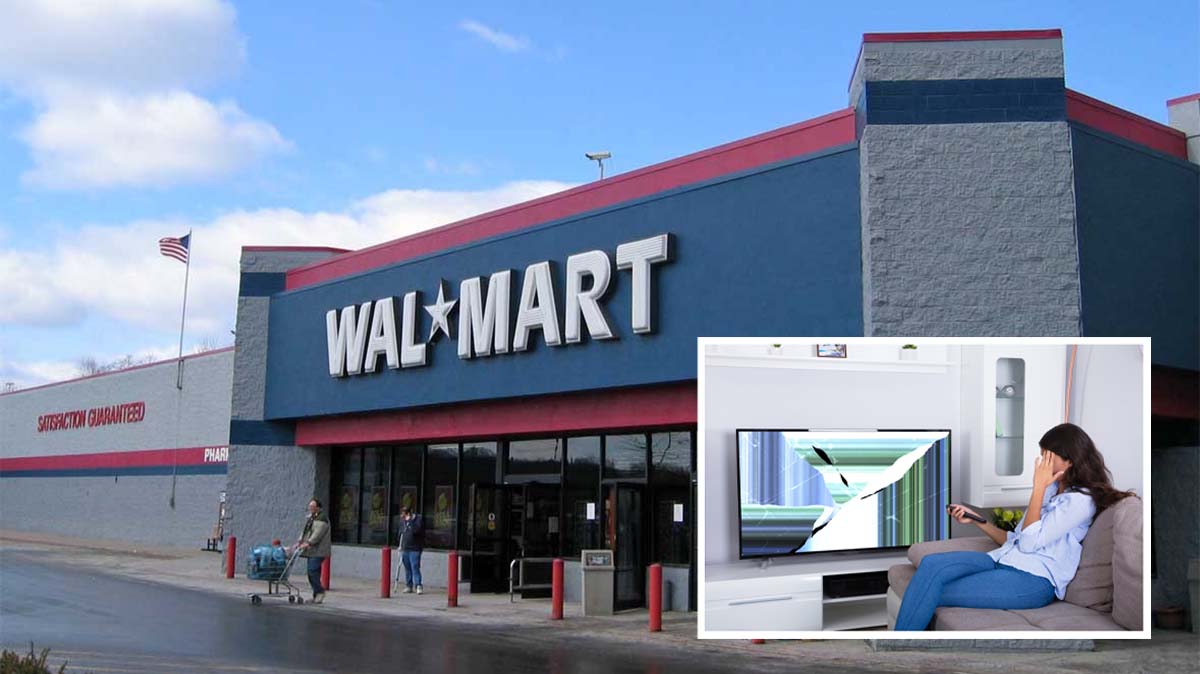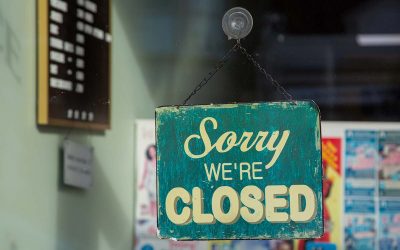BENTONVILLE, AR — In a somber press conference held just steps from the seasonal bin of half-melted phone chargers, Walmart executives issued a stark warning Monday: rising tariffs on Chinese imports may severely disrupt the company’s ability to stock products precisely engineered to break one minute after their 1-year warranty expires.
“For decades, our customers have trusted us to deliver air fryers, vacuum cleaners, and children’s tablets that work beautifully until exactly one calendar year has passed,” said Walmart’s Vice President of Planned Disposability, Craig Flexler. “But with these new tariffs, our supply of precision-failure goods is at serious risk.”
According to insiders, Walmart’s top-selling product categories—such as $18 toasters that turn into nightlights, desk chairs that structurally disintegrate under average human weight, and Bluetooth earbuds that randomly forget they're earbuds—could see price hikes or full-on disappearance if tariff pressures continue.
“These products aren’t just made in China,” Flexler continued. “They’re crafted in facilities where engineers have perfected the art of scheduled failure. That kind of excellence isn’t easy to replace.”
The announcement left millions of American shoppers reeling, especially those currently shopping for replacement appliances after their last Walmart appliance died mere moments after its protection plan expired.
“I literally watched my blender burst into flames while I was trying to register it for extended coverage,” said local customer Vanessa Greer. “It’s like the damn thing knew. And now I may have to spend real money on something reliable? Absolutely not.”
Retail analysts confirm the issue is no joke. The U.S. economy depends heavily on low-cost imported goods designed to last just long enough to outlive the return window and die before any legal obligations kick in.
“If Walmart is forced to start selling products that work for multiple years,” warned economist Brent Halley, “the entire concept of planned obsolescence could collapse. Consumers might start expecting longevity. It’s chaos.”
Walmart has reportedly asked Congress for tariff exemptions on what it calls “functionally temporary goods,” arguing that importing sturdier products would violate its core brand identity and customer expectations.
“We’re not just selling merchandise,” said Flexler. “We’re selling a thrilling gamble: will it make it to Christmas? Will it power on again tomorrow? That’s the Walmart difference.”
In response to the crisis, Walmart has reportedly begun lobbying Congress for a "Consumer Frustration Stimulus," warning lawmakers that if Americans can't buy a $9 camping chair that collapses the moment someone sits in it, they may stop believing in the American Dream entirely.
For now, customers are being advised to shop quickly—before their favorite underperforming products either disappear or start working slightly too well.













